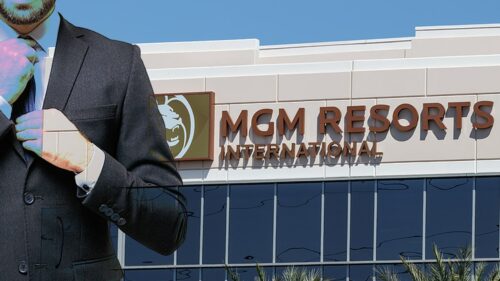While the phrase “Buy when there’s blood in the streets” has validity to it, it largely depends on what kind of wound is causing the blood to flow. If it’s a superficial wound or otherwise one that can be recovered from with a little bit of rest and recuperating, then by all means buy when there’s blood in the streets. But if it’s either a mortal wound or otherwise a wound that gets seriously infected calling for amputation – in business terms permanent downsizing – then buying when there’s blood in the streets turns into a different Wall Street phrase. “Catching a falling knife,” they say.
Interactive Corp, AKA IAC, has taken a $1 billion stake in MGM. The news catapulted shares yesterday by 14%. Barry Diller, IAC Chairman, is very bullish on the global economy. He thinks that everything will return to normal once this pandemic recedes. He says this straight out in this July 9 interview in the very first seconds. “My instinct,” he says, “is that when the virus and the threat of it recedes, which at some point it will, then I think that behavior returns to the norm. Why wouldn’t it?”
Diller is essentially making the same mistake I did when the virus first hit the news and I advised buying Macau. I assumed it would be no big deal and that the world was fretting over comparatively little, at least medically. I didn’t count on the extreme political reaction, but now that I see it getting still more restrictive, I don’t see any way out of it until the political class runs out of resources from the people to enforce the current lockdown regime, which is being funded almost exclusively through the debasement of all paper currencies.
As for MGM specifically, it would be hard for Diller’s pick to be much worse. MGM is a hotel-casino company, and hotels specifically are getting destroyed at an alarming rate. The delinquency rate on hotel commercial mortgage backed securities according to Fitch in a report released August 7, is now 16.64%. This is up from 11.49% in June. The previous peak was in June 2012, a 3-year lag from the bottom of the housing bust. What this suggests is that we still have 3-4 years of serious financial trouble in the hotel sector. It’s not going away any time soon.
